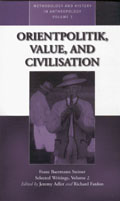Browse
economic-history|all
By Subject:
SELECT rowtag,isbn,e_isbn,oa_isbn,cover_img,author_index,title_index,title_detail,subtitle,subject_1,subject_2,subject_3,subject_4,description,description_short,is_epub,on_sale,price_dollars,price_pounds,epub_price_dollars,epub_price_pounds,pub_date,publishing_status,year,season,release_date,cover_type FROM `stock` WHERE title_detail!='0' AND title_detail!='' AND active='1' AND (subject_1='hist_econ' or subject_2='hist_econ' or subject_3='hist_econ' or subject_4='hist_econ') ORDER BY pub_date DESC
 Published October 1999
Published October 1999 
 Published October 1999
Published October 1999